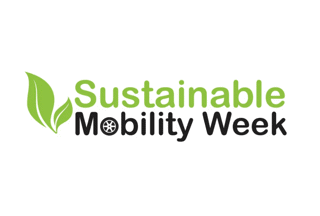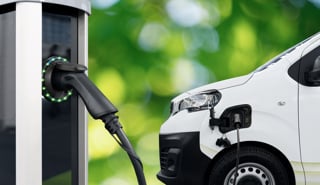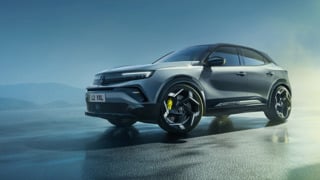Lee O’Connell, sales director at Sogo
The past 12 months have shown us that businesses are resilient and adaptable. The challenges presented by the pandemic required fleet managers to be flexible and innovative in unprecedented times.
The transition to net-zero will require equal levels of adaptability as companies balance finance, operational requirements and desire to increase the levels of electric vehicles (EVs) on fleet ahead of 2030.
It is clear that the demand for electric vehicles is growing. Data for October from the Society of Motor Manfacturers and Traders (SMMT) showed BEVs accounted for 10% of all new sales year to date, a figure that has doubled in the last 12 months.
Technology has a key role to play in enabling fleet managers to find new ways of working and utilising vehicles in new ways. Greater access and use of data will enable vehicle utilisation rates to be increased and electric vehicles to be used for shorter, more flexible periods.
In fact, according to a new McKinsey study, businesses have accelerated the digitisation of their customer contacts, supply-chain interactions, and internal activities by three to four years over the course of the pandemic.
Telematics is being used by commercial fleets for a variety of services. The capabilities are constantly evolving, and they are now utilised to assist with everything from route planning to vehicle diagnostics and safety enhancements.
The data can be used within a company or shared more widely to make more accurate planning decisions about the type of vehicles that will be needed and how they are used.
With more EV models coming to market many fleets are wary of making the leap today for fear of missing out tomorrow on the wider choice and greater range that will be available.
Nissan recently announced plans to invest $15bn to offer buyers 23 electrified vehicle models by 2030, which will account for more than 50% of its global sales. New entrants such as Rivian will help to redefine usage cases for many EVs.
According to a report from Bloomberg NEF (BNEF), falling battery costs could help electric vehicles reach cost-parity with petrol and diesel cars within three years.
At Sogo we believe that short term flexible leasing will help to speed EV adoption. It effectively de-risks the choice and meets a wider post covid desire for flexibility.
However, if companies are to manage fleets where vehicles are swapped on a monthly basis the administration needs to be frictionless. It is here that digital tools can help manage the process and ensure making changes is easy and can be done anytime and anywhere.
Growing numbers of customers are adopting a flexible leasing model to support the transition to electric vehicles. Additionally, the appeal of a monthly lease is that the business and drivers can see if an EV is the right fit for them and enables vehicles to be changed frequently for newer and more technologically advanced models.
As an industry, we should all aim to provide greener mobility solutions for companies that are seeking to reduce their carbon footprint. It’s an approach that goes beyond providing access to electric vehicles.
A partnership with BP Target Neutral has helped us be able to guarantee all our vehicles are carbon neutral through carbon offsetting.
Every company will find its own route to net-zero and it's the role of their mobility providers to ease that journey. Flexibility, enabled by technology, can help to accelerate the planning, trial and adoption of EV vehicles well ahead of 2030.



















Login to comment
Comments
No comments have been made yet.